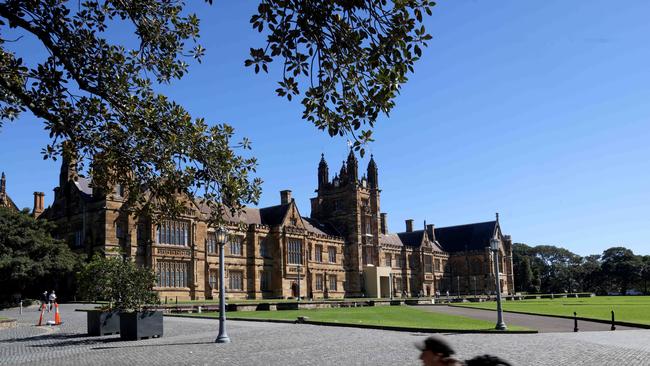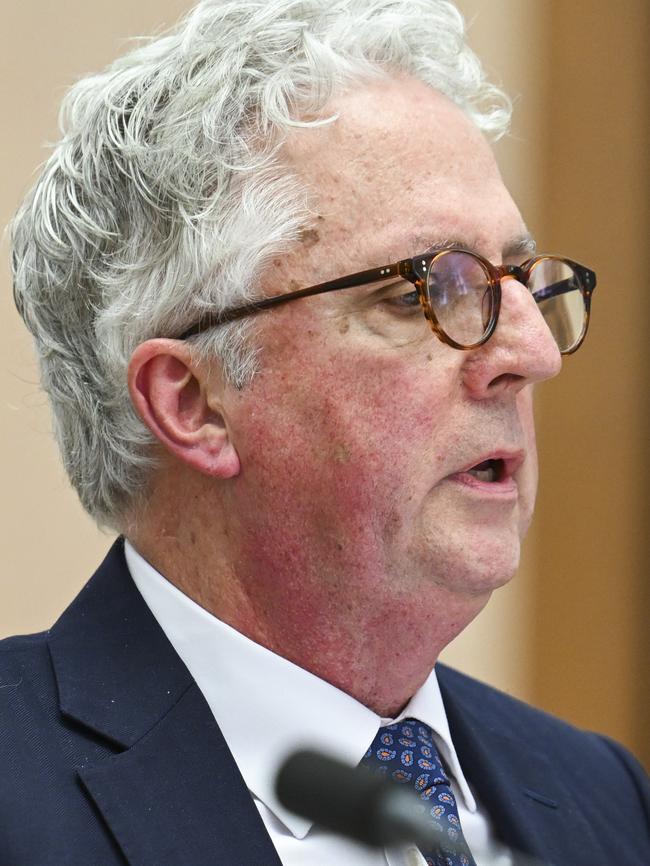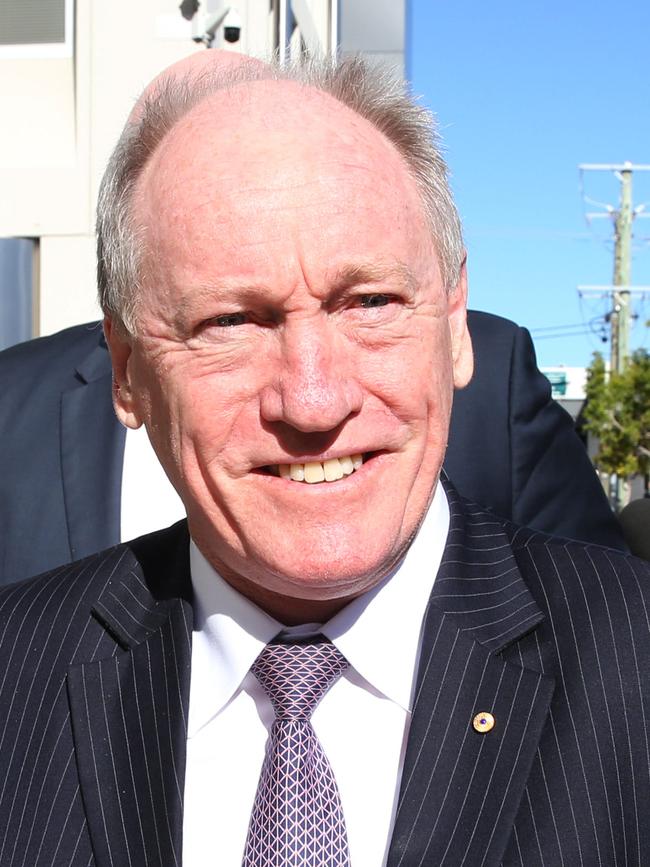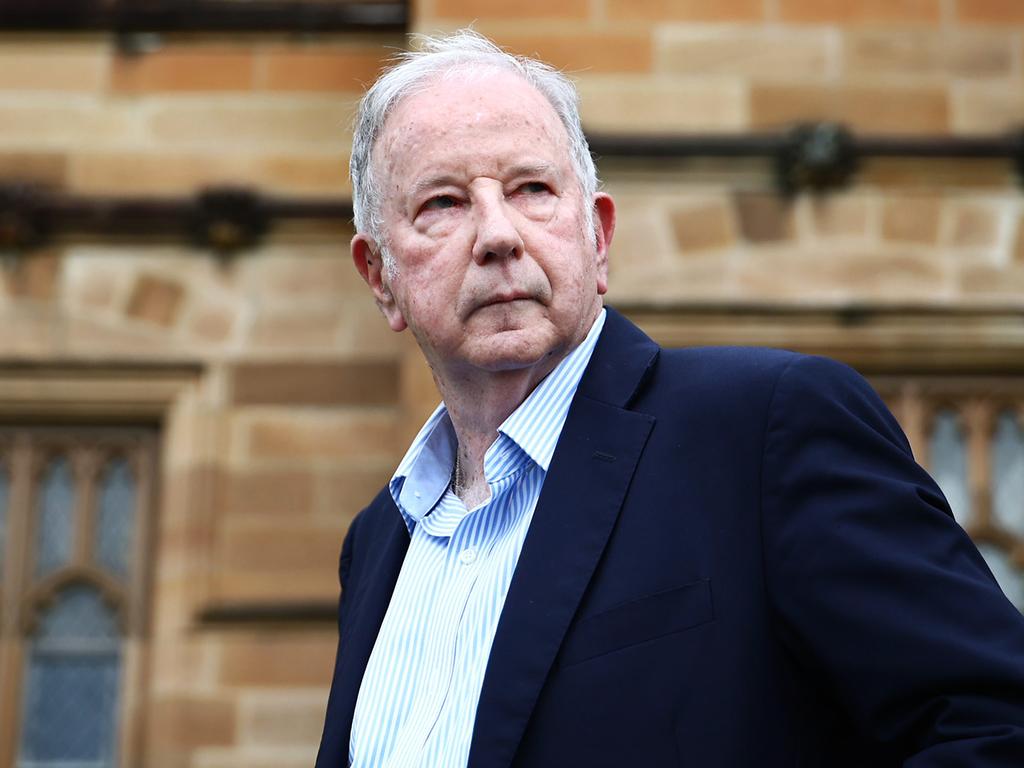Sydney University staff call for rejection of anti-Semitism definition
Sydney University staff have publicly rejected an anti-Semitism definition, while the uni has doubled down on student protection.

A coalition of Sydney University staff has followed in the footsteps of the Students’ Representative Council by rejecting a definition of anti-Semitism adopted by Australian tertiary institutions at a meeting last week.
The meeting held by the University of Sydney Staff for Palestine group – titled “Why anti-racists should reject anti-Semitism definitions” – called on the university to rescind the definition “because it constitutes a serious obstacle of staff and students’ intellectual freedom and aims to suppress legitimate criticism of Israel”.
Dismissing the calls from a small minority of staff and students to ditch the definition, the university on Monday announced the implementation of a series of policies recommended in the Hodgkinson Report, commissioned in the wake of the pro-Palestine university encampment last year. This included a ban on non-course-related announcements before or during class, mandating that “other announcements may only be made at the end, and attendance must be voluntary”.
“There is no provision for staff to grant exceptions,” the policy read.
Sydney University vice-chancellor Mark Scott’s message to students also flagged further implementation of the Hodgkinson recommendations.

A spokesman for the university said it “categorically did not endorse or condone the views expressed during last week’s open meeting”.
“The meeting had around 85 participants, comprised of both staff and students – or less than 0.25 per cent of our combined population,” he said.
“We’ve made it clear to our staff and students that we will undertake disciplinary action as appropriate when breaches of our policies or codes of conduct – such as anti-Semitism or other forms of discrimination – occur.”
Material distributed by the anti-Israel staff group on Thursday flies in the face of these new policies, giving advice to faculty members for when “a student seeks to silence anti-genocide speech”.
The pamphlet suggested giving “the heckling student the option of making their own announcement after the first student has finished” or “to give them the opportunity to step outside until the announcement has finished”.
“Staff should continue to allow students to make lecture announcements informing their fellow students of how to take political action against Israel’s genocidal assault on Gaza,” the pamphlet read.
At the meeting the pro-Palestine staff group said it had “been inspired by our students and the student movement” and had been “moved to act as a result of the Israeli government’s relentless genocide in Palestine”.
“One of the problems of having such an exceptional definition is that it implicitly encodes a hierarchy of humanity,” one organiser said.
“We simply do not think exceptionalising one definition helps anyone, least of all our Jewish brothers and sisters, and in fact has a censorial function.”
A speaker for the motion stated it was not anti-Semitic to “reimagine the territory between the Mediterranean Sea and the Jordan River as a place of equality for all who live there”.
“This might entail calling for the elimination of the state of Israel in its current form, as a state that systematically privileges the rights and freedoms and aspirations of one group of people, Jews, over others,” he said.

In response Jewish members of faculty rebuffed claims the definition stifled criticisms of Israel, suggesting “criticism of the Israeli government and its actions in Gaza (was) entirely legitimate”.
“Saying Israel is a ‘Nazi state that has no right to exist and should be dismantled’ isn’t a critique on a country – it targets the Jews who believe in its right to exist,” the staff member said.
“When two people are murdered on the street in Washington DC purely for their identity, and the response is, ‘I don’t feel shit for staff of the Nazi entity’, that’s not political critique, it’s dehumanisation.”
The comments were made by a casual academic employed by the university on his personal X account in posts that have now been deleted.
The group responsible for Thursday night’s meeting also publicly lashed the university’s decision to award Vic Alhadeff an honorary doctorate, labelling him “one of Israel’s most zealous public apologists”.





To join the conversation, please log in. Don't have an account? Register
Join the conversation, you are commenting as Logout